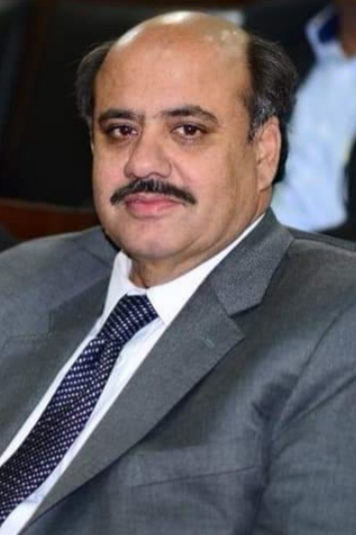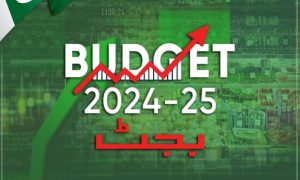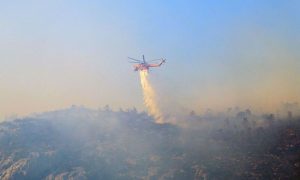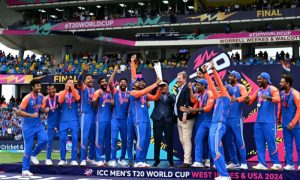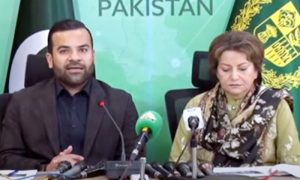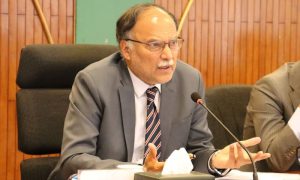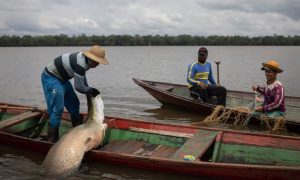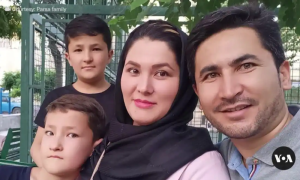The probability of a large-scale armed confrontation between Russia and Ukraine’s NATO backers’ alarms over a war that could spiral to a nuclear level. Therefore, various peace proposals were initiated to end the war. However, the evolving strategic contest between the great powers obstructs the positive outcome of these peace initiatives. It has hastened the process towards a second Cold War and the continuing devastation of Ukraine.
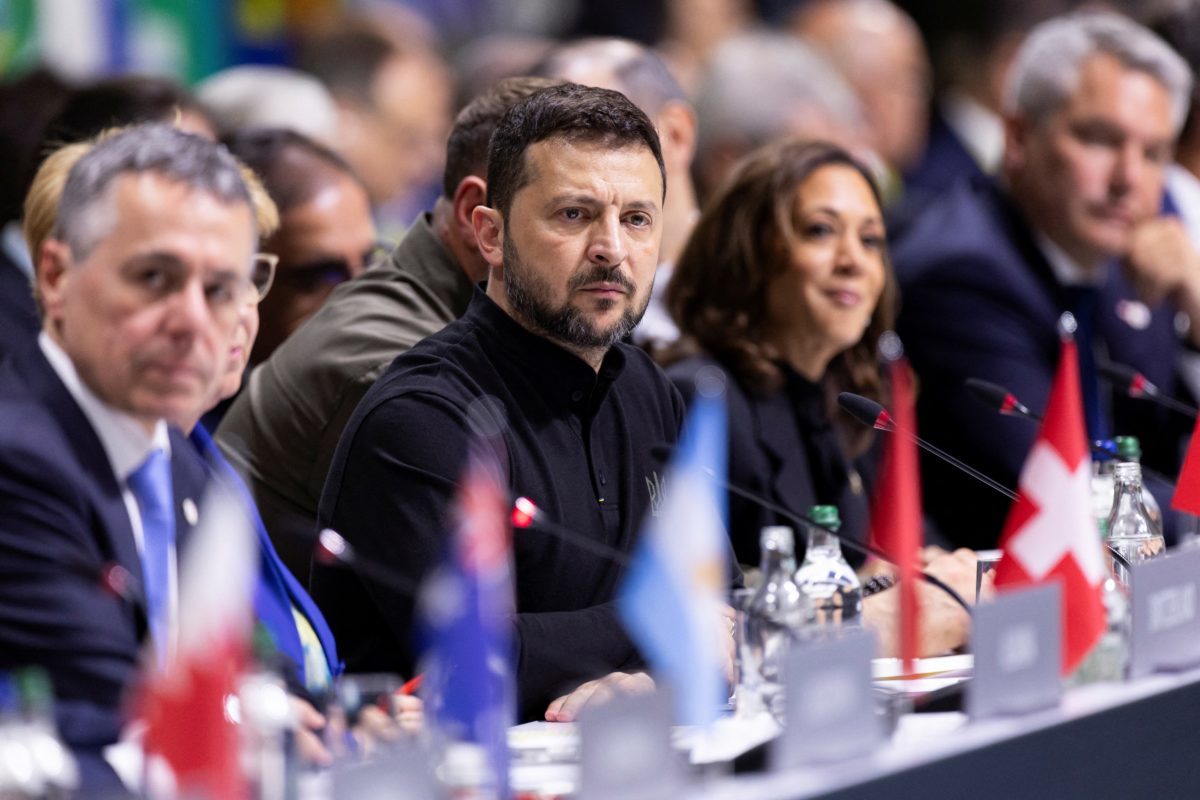
The Western nations’ earnest desire is that Russia unconditionally withdraw from Ukraine’s 1991 borders, send its war criminals to international tribunals, and pay reparations to Kyiv. Conversely, Moscow demanded that Kyiv drop its ambition and hand over four provinces to Russia.
Notably, everyone, including President Vladimir Putin, President Volodymyr Zelensky, and Ukrainians’ NATO supporters, has expressed a desire for an immediate ceasefire in Ukraine. However, their covert and overt activities reveal their interest in prolonging a war. The NATO members have been contemplating providing long-range weapons and troops to Ukraine. President Putin has signaled the use of nuclear weapons. The Kremlin deployed nuclear weapons in Belarus also did a tactical nuclear weapons exercise with the host’s troops.
The Swiss and Ukrainian governments organized a peace summit to end the Ukraine war at an alpine resort near Lucerne, Switzerland, on June 15-16, 2024. Some 90 countries and organizations representatives deliberated on the three points from Zelensky’s ten-point peace plan put forward in November 2022, i.e., nuclear security (Ukraine’s control over the Zaporizhzhia nuclear power plant and restoration of its Azov Sea ports, food security (securing food supplies from Ukraine, one of the world’s biggest grain exporters) and release of prisoners of war and abducted Ukrainian children.
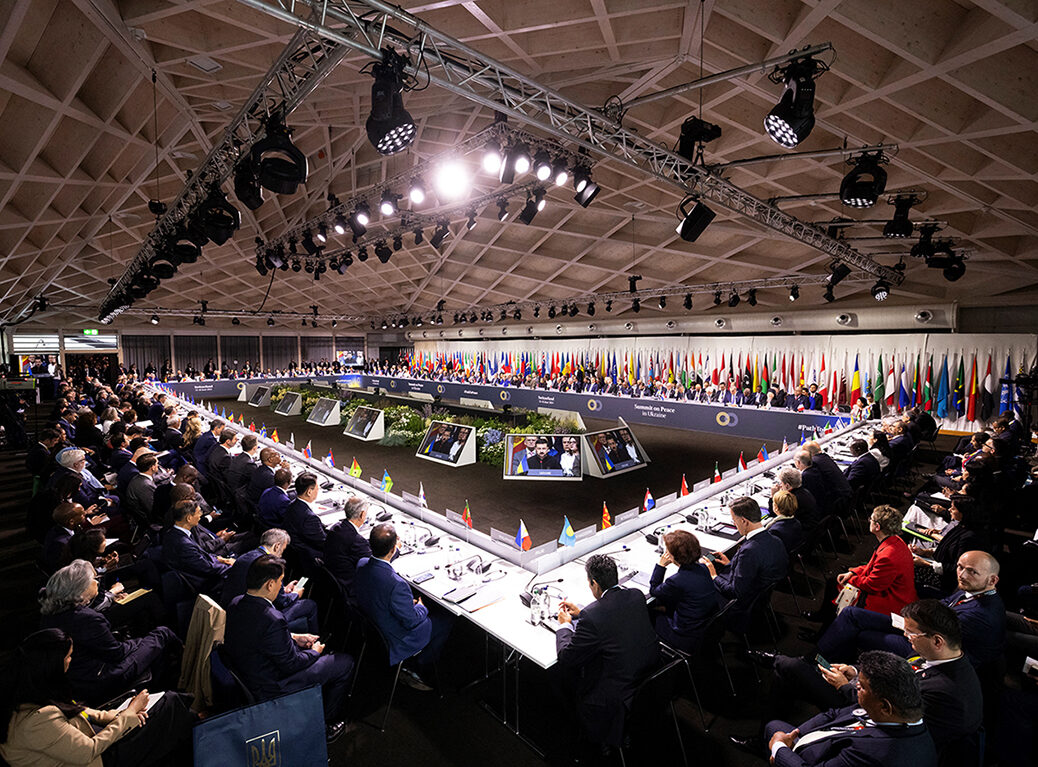
The Swiss peace summit was destined to fail from the beginning. Russia was not invited to the peace summit. The nonparticipation of the Russians raised doubts about the efficacy of the summit. Many countries refused to participate in the peace summit because they viewed it as an impractical exercise. They believe that the end of the Ukrainian war, without engaging Russians in a dialogue process, is impossible. The alternative option is that the Ukrainians, with the support of NATO, impose unconditional defeat on Russia. Neither the Biden administration nor NATO are interested in physically engaging Russia in the war zone. They seem interested in bleeding Russia in an asymmetrical protracted warfare.
President Biden and European leaders reassured their enduring commitment to help Ukraine in its war against Russia at the G-7 summit in Italy’s Apulia region on June 13. The U.S. unveiled a new long-term security deal with Ukraine. The 10-year agreement commits Washington to assist in training Ukraine’s forces and provide them with weapons. Besides, G-7 announced granting $50 billion in loans to Ukraine, funded by the interest on seized Russian assets in Western banks. These two developments underscore that Kyiv enjoys support from the Western allies, who are determined to punish it through economic sanctions and confiscation of assets. Indeed, these developments increase Moscow’s dependency on Beijing.
China is committed to its ” no-limits partnership” with Russia due to geopolitical reasons. China and Russia share a 2,600-mile border, which appropriate management is imperative for both states. Besides, Beijing purchases cheap natural resources and even some advanced military technologies from Moscow. For instance, China’s import of Russia’s crude oil, natural gas, and coal has risen significantly since February 2022.
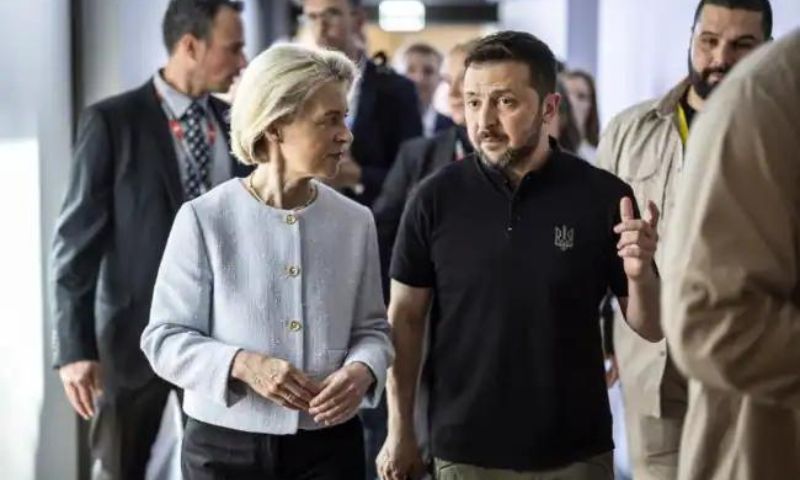
The Western nations are convinced that increasing trade between China and Russia facilitates the Kremlin’s war effort. Therefore, they are indirectly nabbing Beijing’s trade with the European nations. On June 12, 2024, the European Commission proposed new tariffs on China-made electric vehicles (EVs) of up to 38.1 percent starting in July. Despite these economic pressures, China did not join the Swiss peace summit.
Beijing abstained because Ukraine rejected its two demands, i.e., to ensure Russian participation and, if any plan was presented, would receive a hearing. The demands seem realistic because bringing both parties to the table is necessary to attempt to broker a lasting truce agreement. Hence, the Chinese support the plans that Russians and Ukrainians are present for. On May 23, 2024, Chinese Foreign Minister Wang Yi, in a joint statement with a chief adviser on national security to the president of Brazil, Celso Amorim, called for an international peace conference in which both Russia and Ukraine would be represented and all peace plans would be reviewed.
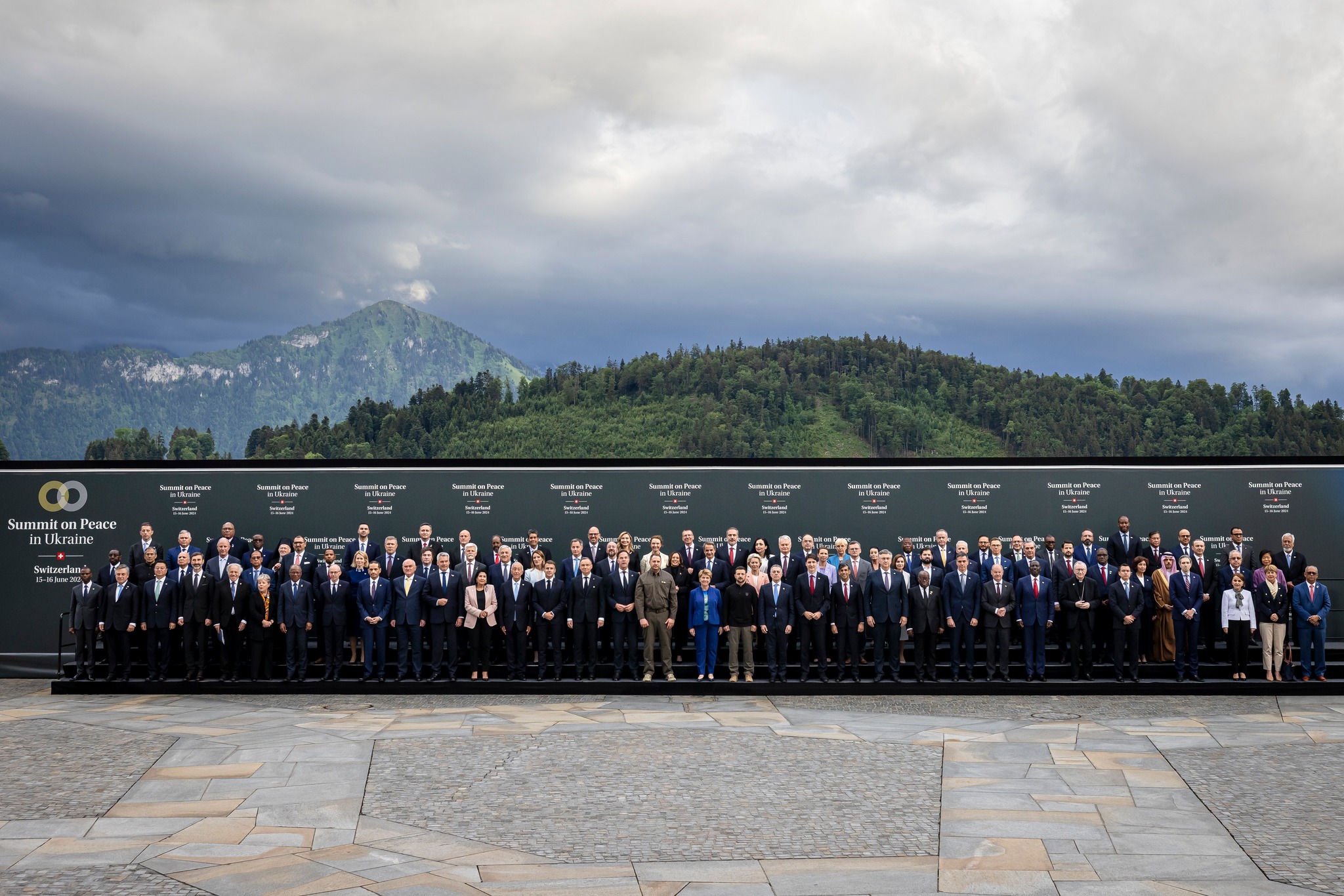
Pakistan also skipped the peace summit to maintain neutrality on the matter. It anticipated that the peace summit would have no practical outcome due to the absence of the main stakeholders and China. Hence, its participation in the summit would do nothing to advance peace or to rally the world behind Ukraine’s peace plan. Islamabad’s reading of the situation is affirmed by major non-aligned states, including India, Indonesia, Mexico, and South Africa. They all refused to sign a final declaration of the summit. Moreover, no country came forward to host another such summit.
In summary, neither Russia nor Ukraine and its supporters appear anywhere close to being ready for serious peace talks—at least for now. Russian forces hold a fifth of Ukraine and are advancing. The back-to-back G-7 and Swiss peace summit has failed to garner enough support to pressure Moscow to halt the war. Thus, the peace summit ended in a diplomatic impasse.









